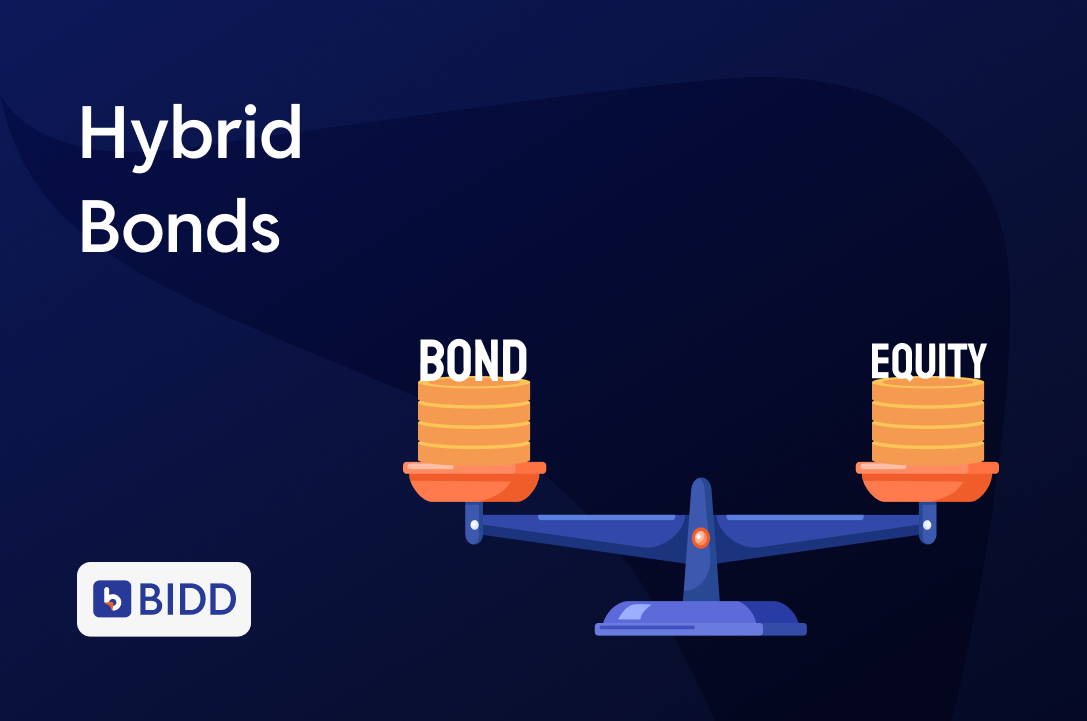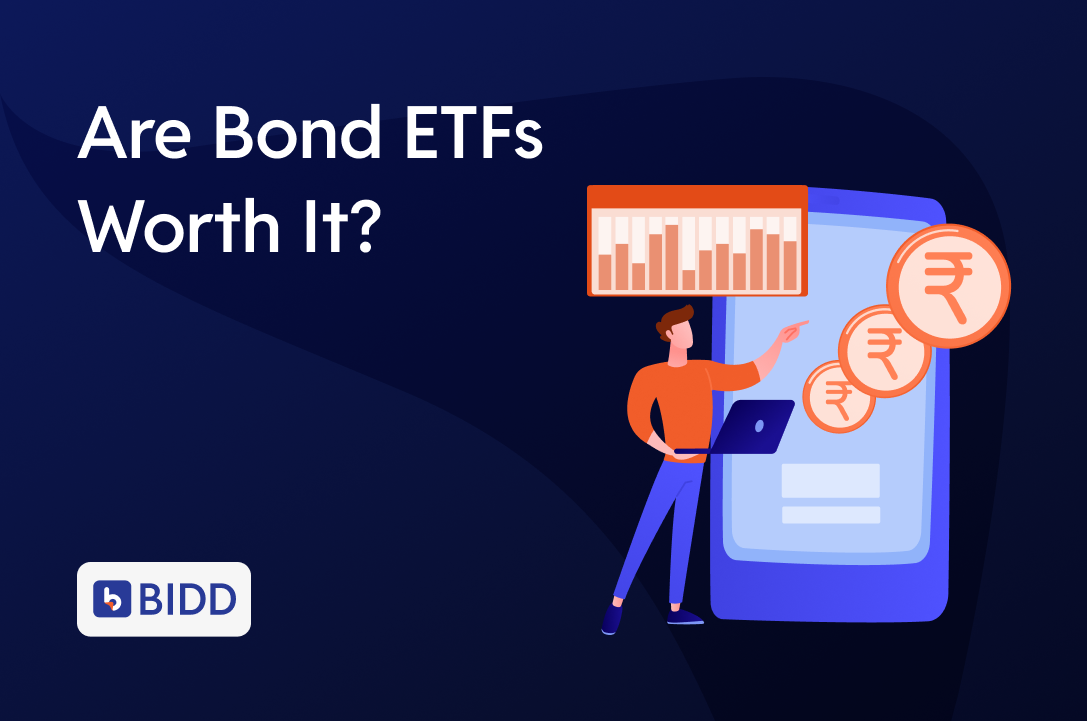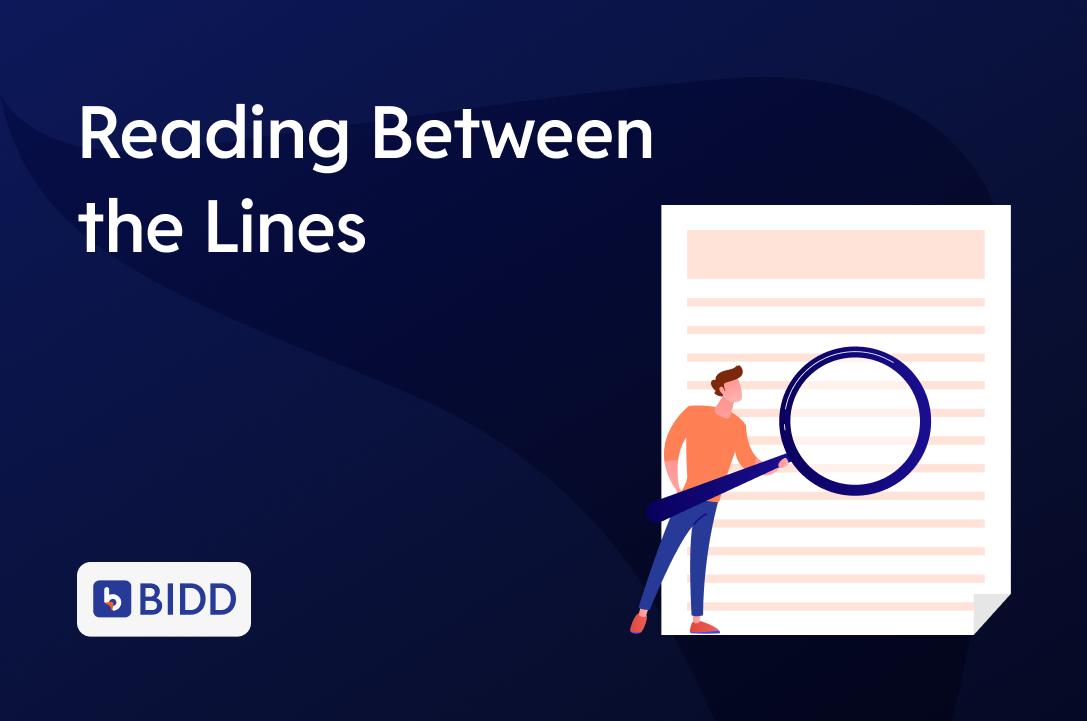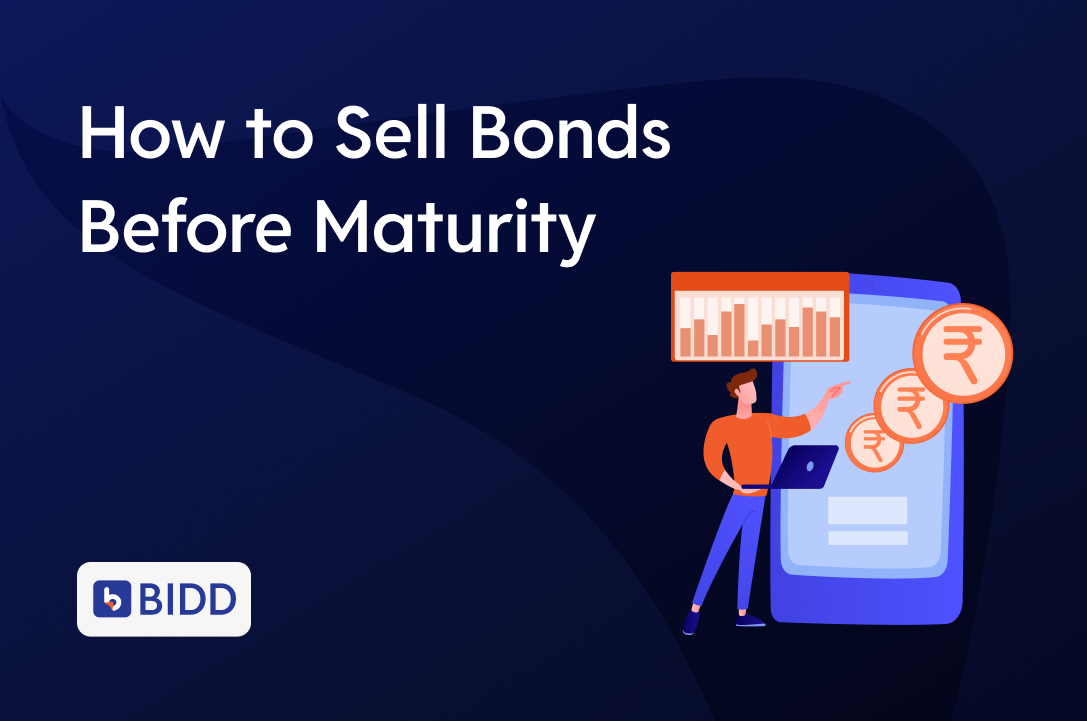(Let’s Demystify Them)
Ever stumbled across the term hybrid bonds and thought — “Wait, is it a bond… or a stock… or both?”
You’re not alone.
Hybrid bonds are like the Swiss Army knife of investing — a little bit of this, a little bit of that.
Let’s crack the code.
Let’s Start with a Quick Thought:
You’re building a portfolio.
You like the safety of bonds.
You’re tempted by the upside of equities.
But you don’t want to choose one over the other.
Boom.
In walks Hybrid Bonds.
A mash-up of debt and equity — giving you a blend of safety and returns.
Sounds interesting? Let’s dive deeper.
So… What Exactly Is a Hybrid Bond?
Think of hybrid bonds as financial shape-shifters.
They behave like bonds, but feel a bit like stocks.
In technical terms:
Hybrid bonds are instruments that combine features of both debt (like regular bonds) and equity (like shares).
They’re issued by companies looking to raise capital without diluting ownership — and investors like you get a taste of both worlds.
Why Are They Called “Hybrid”?
Because they’re not just bonds.
They may:
- Have long tenures or be perpetual (i.e., no maturity date)
- Pay regular interest (called a coupon) — like a bond
- Allow interest payments to be skipped — like equity dividends
- Convert into shares under certain conditions
- Absorb losses during financial stress — especially for banks
In short, they live in the grey zone between debt and equity.
Types of Hybrid Bonds You Might See
| Type | What It Means | Who Uses It |
| Perpetual Bonds (Perps) | No maturity; pays interest indefinitely | Corporates, Banks |
| Convertible Debentures | Can convert into equity after a period | Startups, Growth firms |
| AT-1 Bonds | Interest can be skipped or written off | Banks (as per RBI norms) |
How Do Hybrid Bonds Work?
Let’s break it down.
You buy a hybrid bond at ₹1,000.
The company agrees to pay you 9% interest annually.
But here’s the twist:
- If profits are low, they might skip a payment
- In tough times, they might convert your bond into equity shares
- If it’s an AT-1 bond, it could be written off entirely in crisis situations
Riskier? Yes.
But potentially higher returns compensate for the added complexity.
Why Do Investors Like Hybrid Bonds?
Because they offer a balanced mix:
- Higher returns than traditional bonds
- Mostly fixed income
- Equity-like upside potential
- Portfolio diversification
They provide a middle path — not as conservative as bonds, not as volatile as stocks.
But Wait… What’s the Catch?
Hybrid bonds aren’t a fit for everyone.
Here’s what to consider:
- Interest payments aren’t guaranteed
- Credit risk is higher than government or blue-chip bonds
- Structures can be complex and harder to evaluate
- Some, like AT-1 bonds, carry a risk of total capital loss
As always: higher potential return = higher risk.
A Quick Real-World Example
| Bond A | Bond B (Hybrid) |
| Type: Government Bond | Type: Perpetual Bond |
| Interest: 7% | Interest: 9.5% |
| Maturity: 10 years | Callable after 5 years |
| Risk: Low | Risk: Moderate to High |
That 2.5% extra return may look attractive, but it comes with trade-offs:
Callable clauses, no maturity, and the possibility of deferred payments.
That’s the hybrid twist.
So, Should You Invest?
Ask yourself:
- Do I understand the bond’s structure?
- Am I comfortable with flexible or skipped interest payments?
- Is the issuer reliable and transparent?
- Does the risk profile align with my financial goals?
If you’re using a platform like Bidd, hybrid bonds are listed with:
- Clear risk indicators
- Coupon history
- Issuer background
And if you’re unsure — always consult a bond advisor before investing.
Can Hybrid Bonds Be Rated?
Yes.
Agencies like CRISIL, ICRA, and CARE provide credit ratings — similar to standard bonds.
But be aware:
Even stable companies may have lower ratings on hybrids, due to their higher risk and loss-absorbing nature.
Quick Recap: Hybrid Bonds Made Simple
| Feature | What to Know |
| Type | Mix of debt and equity |
| Returns | Higher than plain bonds |
| Payments | Usually fixed, but not guaranteed |
| Risk | Moderate to high |
| Use case | Diversification & higher income |
Final Thoughts
Hybrid bonds may not be ideal for every investor — but they can be powerful in the right hands.
They suit those who:
- Want more income than plain bonds
- Understand that returns come with trade-offs
- Are willing to take on some complexity for better yields
Before investing, ask:
- Do I want more than what plain bonds offer?
- Can I handle uncertainty in income?
- Am I investing with clarity — not just for yield?
Because in the bond world, hybrids might not be perfect — but for the right investor, they might just be the sweet spot.
Know what you own. Know why you own it.




